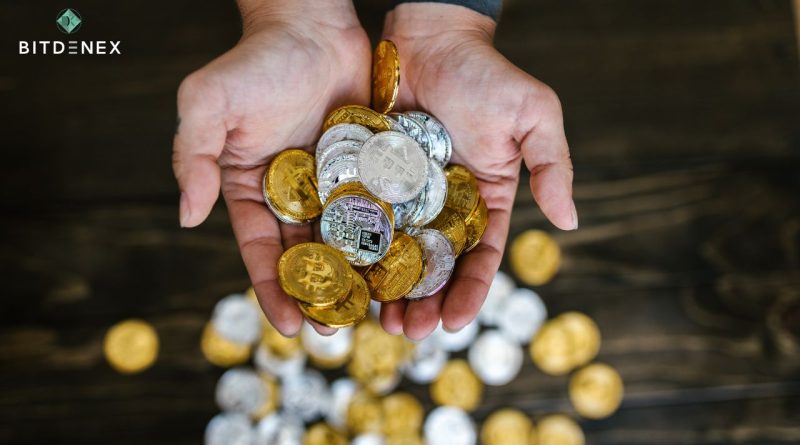Liechtenstein government officials to get paid in cryptocurrency
- Daniel Risch, the Prime Minister of Liechtenstein, announced plans to accept Bitcoin(BTC) as payment for certain government services.
- To avoid cryptocurrency volatility, the country will exchange received Bitcoin for Swiss francs, its official currency.
- Because of its clear crypto rules, Liechtenstein is a growing European cryptocurrency center.
Liechtenstein Prime Minister Daniel Risch made a bold move when he declared that the government would begin accepting Bitcoin(BTC) as payment for some government services. This innovative decision demonstrates the little European country’s commitment to blockchain technologies.
Liechtenstein’s crypto plans
Risch, who also serves as finance minister, disclosed that a Bitcoin payment option is on the way. He did not, however, specify a timetable for its execution.
Surprisingly, Liechtenstein will not keep the Bitcoin it gets. Instead, it will take Bitcoin deposits and quickly convert them to Swiss francs, the national currency. This strategy seeks to avoid the volatility of Bitcoin.
Liechtenstein is subject to the EU’s Markets in Crypto-Assets (MiCA) regulation despite being a member of the European Economic Area but not the European Union. This legislative certainty may entice more Bitcoin enterprises to relocate to the region.
A thriving cryptocurrency hub
Because of its proactive position on Bitcoin and blockchain technologies, Liechtenstein has become a thriving European hub comparable to Gibraltar and the Isle of Man.
The Liechtenstein Blockchain Act passed in 2019, established defined regulations for the crypto industry, resulting in the establishment of various cryptocurrency-focused firms in the country.This decision follows in the footsteps of Swiss cities such as Zug and Lugano, which accept Bitcoin(BTC) for some taxes and public services, as well as merchants such as McDonald’s.
A growing trend among small nations
Liechtenstein’s decision to accept Bitcoin payments for certain government services is part of a bigger trend of smaller countries adopting cryptocurrencies and blockchain technologies.
In an interview with the German business daily Handelsblatt, Prime Minister Risch revealed that the country intends to accept Bitcoin deposits and quickly swap them into Swiss francs. Risch emphasized that no big risks with public funds are planned. He is, however, open to the possibility of investing governmental reserves in Bitcoin in the future. According to an article in Handelsblatt citing the finance ministry, the state’s reserves are currently predominantly invested in the capital market, totaling 2.23 billion Swiss francs ($2.51 billion). Risch still considers cryptocurrencies like Bitcoin to be excessively dangerous, although he acknowledges that this assessment may alter over time. Liechtenstein’s declaration underlines its commitment to incorporating cryptocurrency into its financial system, potentially serving as a model for other countries to follow.
Buy and sell crypto in minutes with 0.20% trading fees at Bitdenex Exchange.

